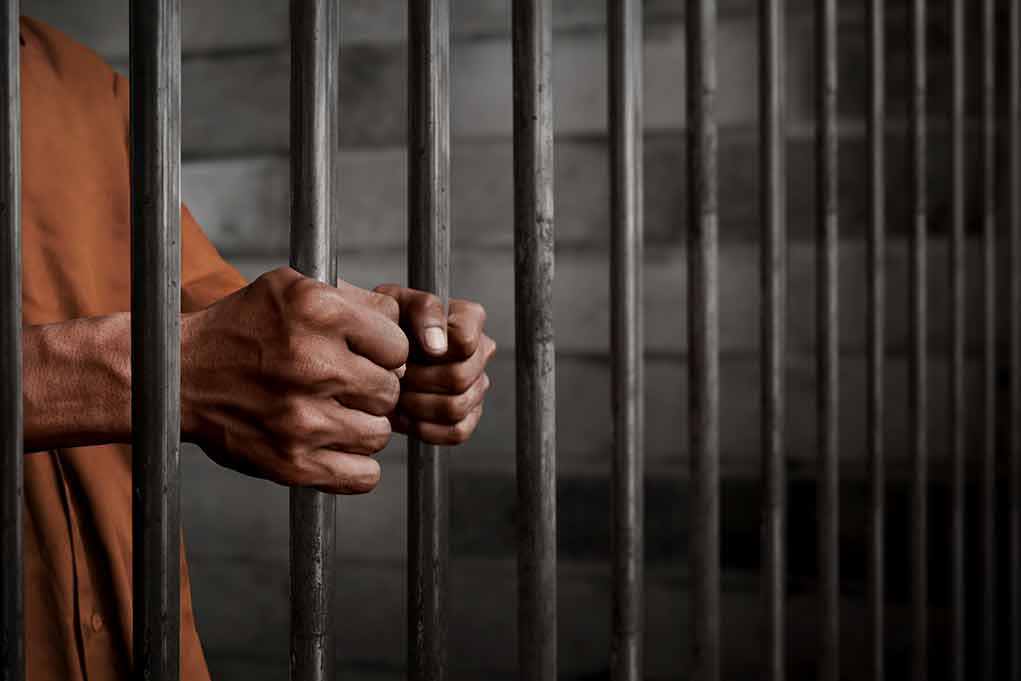The Supreme Court is considering if state officials who violate the religious freedom of inmates can be sued directly, which could lead to a deluge of cases that would put a strain on our criminal justice and law enforcement systems. Concerns regarding government overreach and the boundaries of religious accommodation in our legal system are raised in this case, which investigates a Rastafarian inmate’s claim after prison officials chopped his dreadlocks.
Religious Rights vs. Prison Security
The Supreme Court has agreed to hear a case involving Damon Landor, a Rastafarian inmate whose dreadlocks were forcibly cut by Louisiana prison officials in 2020. Landor had maintained a religious vow not to cut his hair for nearly 20 years and was nearing the end of a five-month sentence for a drug-related conviction when the incident occurred.
Separately, the justices are to take up an appeal from an ex-inmate seeking to sue Louisiana prison officials for forcibly shaving his head in 2020. Damon Landor, a Rastafarian, hadn’t cut his hair in nearly 20 years. The justices will hear arguments in that case later this year. pic.twitter.com/J7wLU7sFnu
— (Bluey Fan Account) K9 News (@SausageAnchor) June 24, 2025
Despite holding a court ruling that supported religious accommodation for Rastafarians, prison officials ignored Landor’s religious objections and cut his hair anyway. The case now presents a critical question about whether individual government officials can be held personally liable for monetary damages under the Religious Land Use and Institutionalized Persons Act (RLUIPA).
Legal Battle Over Damages
Landor filed a lawsuit seeking monetary compensation under RLUIPA, claiming his constitutional religious rights were violated by the actions of the prison officials. Louisiana’s Attorney General acknowledged Landor was mistreated and noted policy changes to prevent similar incidents, but contested the claim for monetary damages against individual officials.
After 20 years of growing his locs in line with his Rastafari faith, Damon Landor says Louisiana prison guards shaved his head against his will — and his beliefs. Now, the U.S. Supreme Court will decide if he can sue. Religious freedom must apply to all. https://t.co/oglJWIJyq7
— Ben Crump (@AttorneyCrump) June 26, 2025
Lower courts, including a federal judge and the 5th U.S. Circuit Court of Appeals, ruled against Landor’s claim for money damages. The courts determined that RLUIPA does not explicitly permit prisoners to sue state officials personally for violations of their religious freedom, creating a significant legal hurdle for Landor’s case.
Constitutional Implications for Religious Freedom
The Supreme Court’s decision to take up this case on June 23 could have far-reaching implications for religious liberty protections throughout the American correctional system. The Court will examine whether the language in RLUIPA authorizing “appropriate relief” includes monetary damages against individual government officials, similar to its 2020 ruling regarding the Religious Freedom Restoration Act (RFRA).
“The laws have ‘identical language,'” they said in court papers.
U.S. Solicitor General D. John Sauer has argued that previous cases “together are thus best understood to hold that money damages do not constitute ‘appropriate relief’ in suits against sovereigns, but may constitute appropriate relief in suits against individual government officials—under RFRA and RLUIPA alike.” The Supreme Court’s ruling, expected sometime between October and June, will establish a precedent affecting how religious liberty is protected for the incarcerated while potentially imposing new accountability standards on prison officials across America.
Sources:

